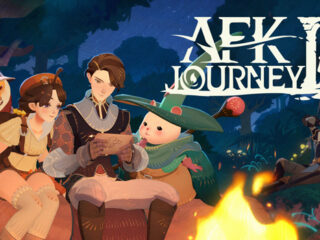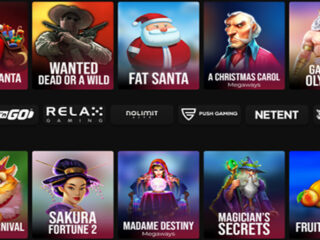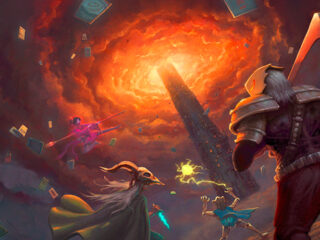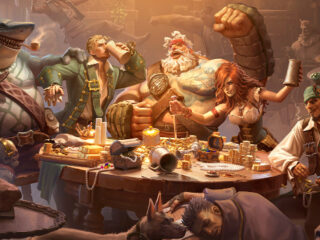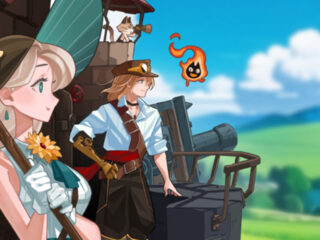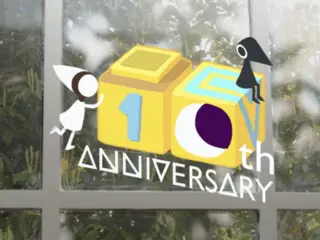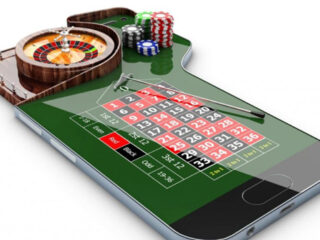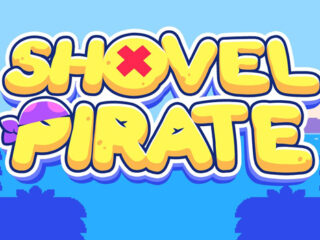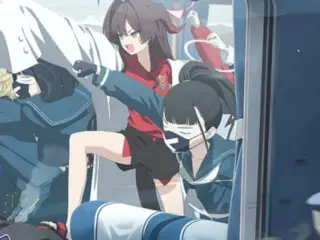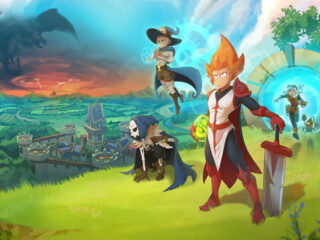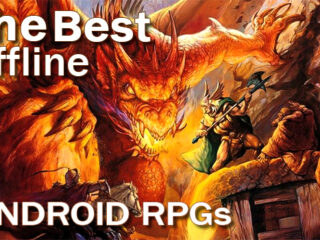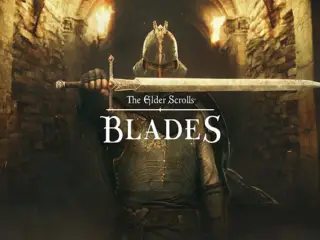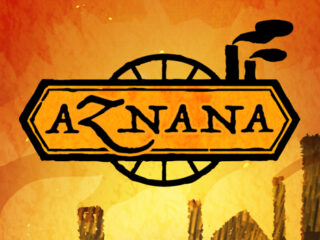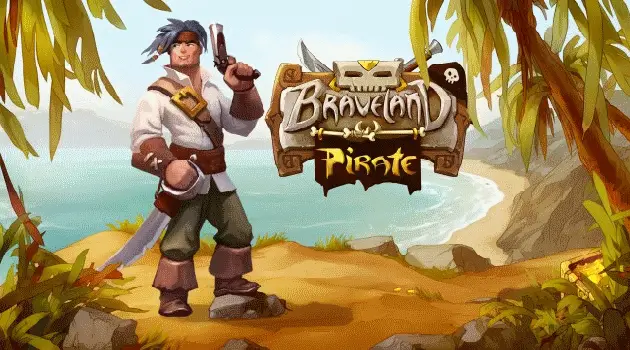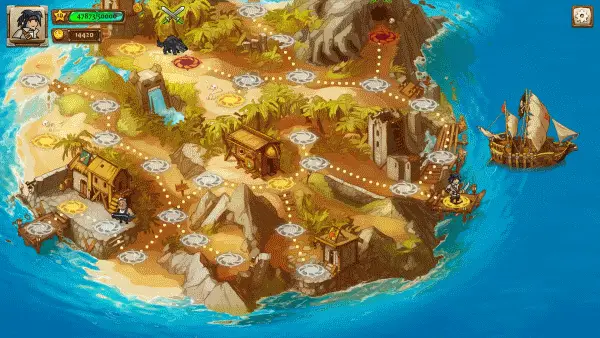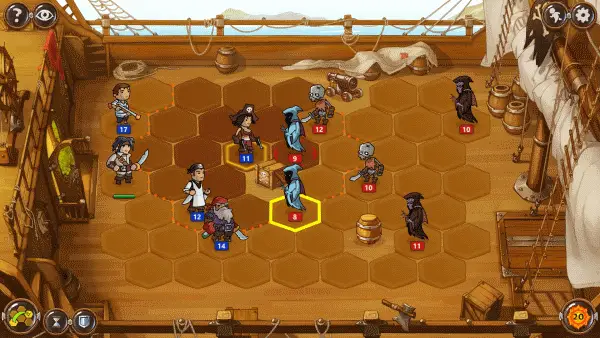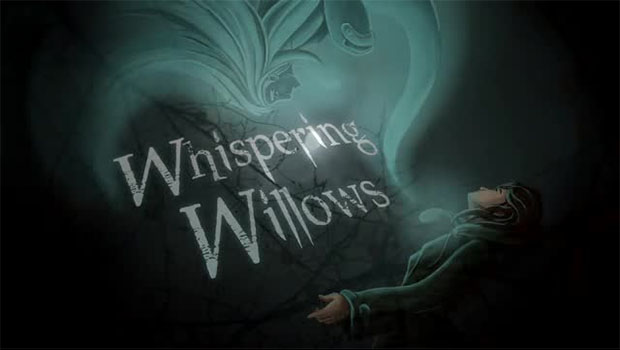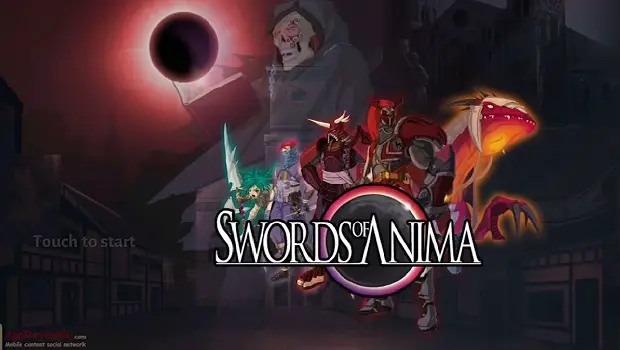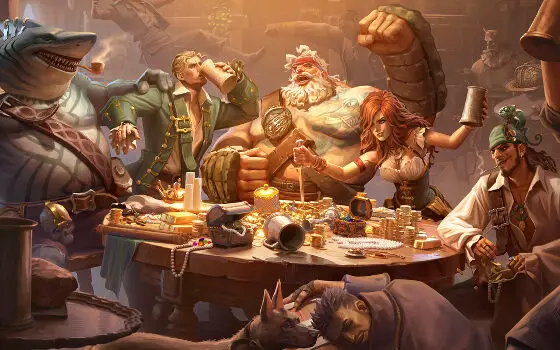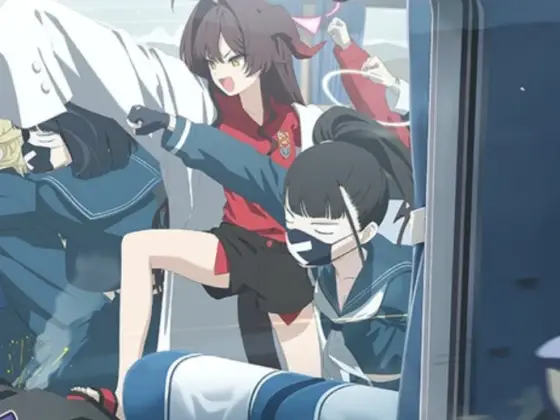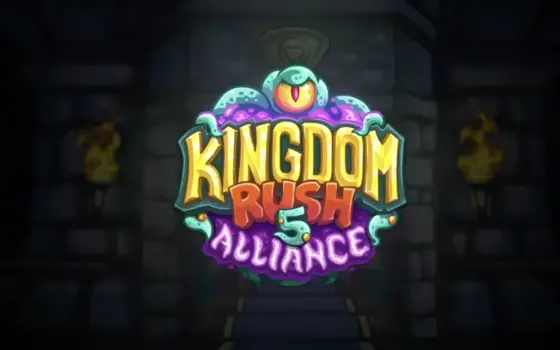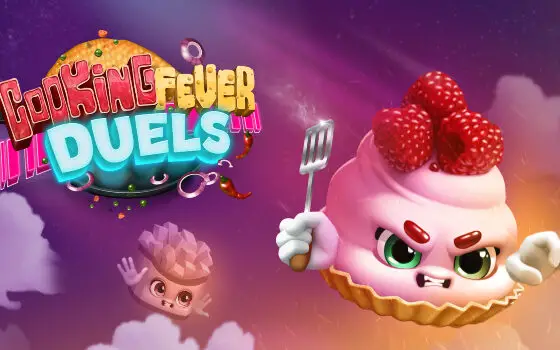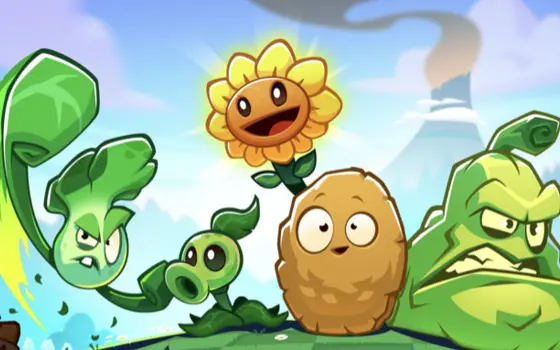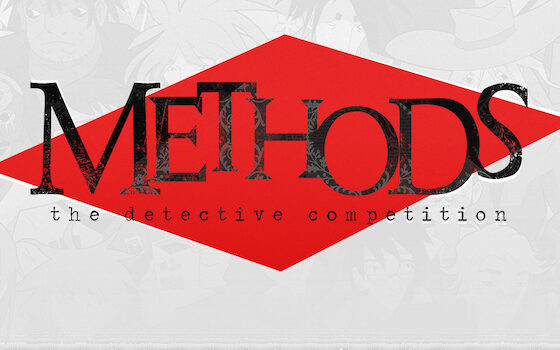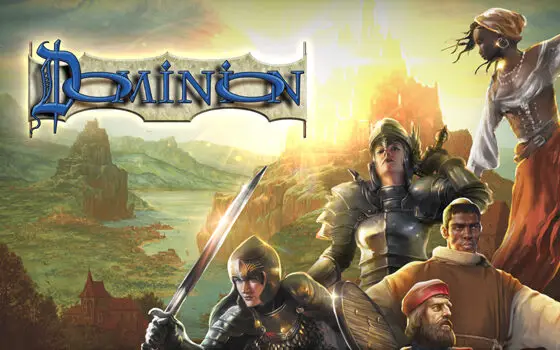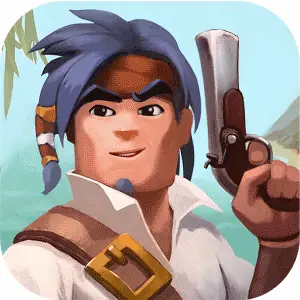 There are games out there that tell embarrassing stories about all of us. Why, you may ask, do I have so many hours in Flash mini-golf? Simply put: Some games are good because they are easy to play for unethical amounts of time. This is one of those games. Whether you like Tortuga Team’s Braveland Pirate or not, it will suck you in and hold you in place like an exposed pool drain, as all good Android strategy games should.
There are games out there that tell embarrassing stories about all of us. Why, you may ask, do I have so many hours in Flash mini-golf? Simply put: Some games are good because they are easy to play for unethical amounts of time. This is one of those games. Whether you like Tortuga Team’s Braveland Pirate or not, it will suck you in and hold you in place like an exposed pool drain, as all good Android strategy games should.
You control a pirate crew exploring various islands and fighting landlubbers in hexagonal, top-down arenas. Using each crew member’s unique abilities, you carefully approach fights by positioning yourself and taking out enemies as you see fit. When fighting, you must contend with the various weaknesses of your crew, in addition to their strengths (e.g. Cabin Boys can inflict ranged damage, but can’t shoot when cornered and have low HP to boot). You gradually become stronger, amassing items and new abilities, but also meet stronger foes, which is to be expected. The difficulty curve is smooth, remaining equally challenging the entire length of the game.
So, you hit them, they counter, they hit you, you counter, and so on. Here’s the thing, though; all the while you’re counting the turns until you can use one of your captain’s abilities that consume “courage points,” obtained through actions taken by your crew. Each crew mate has their own special ability as well, like the chef’s life-restoring food or the cabin-boy’s blinding musket shot, all of which also need to recharge. So there’s this neat sort of resource management in fights, that adds a bit of depth. Be aware that the enemies have abilities too, even if it’s a bit irritatingly obscure what their powers do -most of the time.
Money gained from fights isn’t as important of a resource, though, and is sadly a non-issue compared to gaining experience and managing your well-balanced items, squad members, and perks. Said perks are bought with points you receive after leveling up, and present genuinely tricky choices. This is because certain perks will block off others, and your decisions are permanent, which makes your agency as a player heavier.
The maps you travel upon are laid out like a board game, with each space holding a new event, daisy-chained to the last. When you move to a new space, characters relay events through sarcastic, irreverent dialogue that unfortunately loses its sharpness and shifts into boring cheese later on.
Braveland’s art never stops being fun to look at. The overworld maps are detailed and colorful, and characters are drawn with a dopey, dot-eyed cuteness. Accompanying music is a treat as well; upbeat and indistinctly pirate-y, but thankfully more subdued during battle so you aren’t annoyed during long conflicts.
While said fights themselves are satisfying and goofy, they get a bit sluggish after a while. There is no option to skip or speed up attack and moving animations, and the more comfortable you become with the game’s mechanics, the more arduous it is to chug through slower battles. Braveland Pirate‘s main weakness is that it feels same-y after a while. This may not be an issue if you seldom play it, but for me, the moment-by-moment fun and strong attempts at variety ultimately succumb to the tide of repetition.
…Get it? Tide?
Is it Hardcore?
It is.
Pirate-themed and addictive strategy game with pretty art and music, as well as a boatload of content. Unfortunately, said content gets boring before long.
